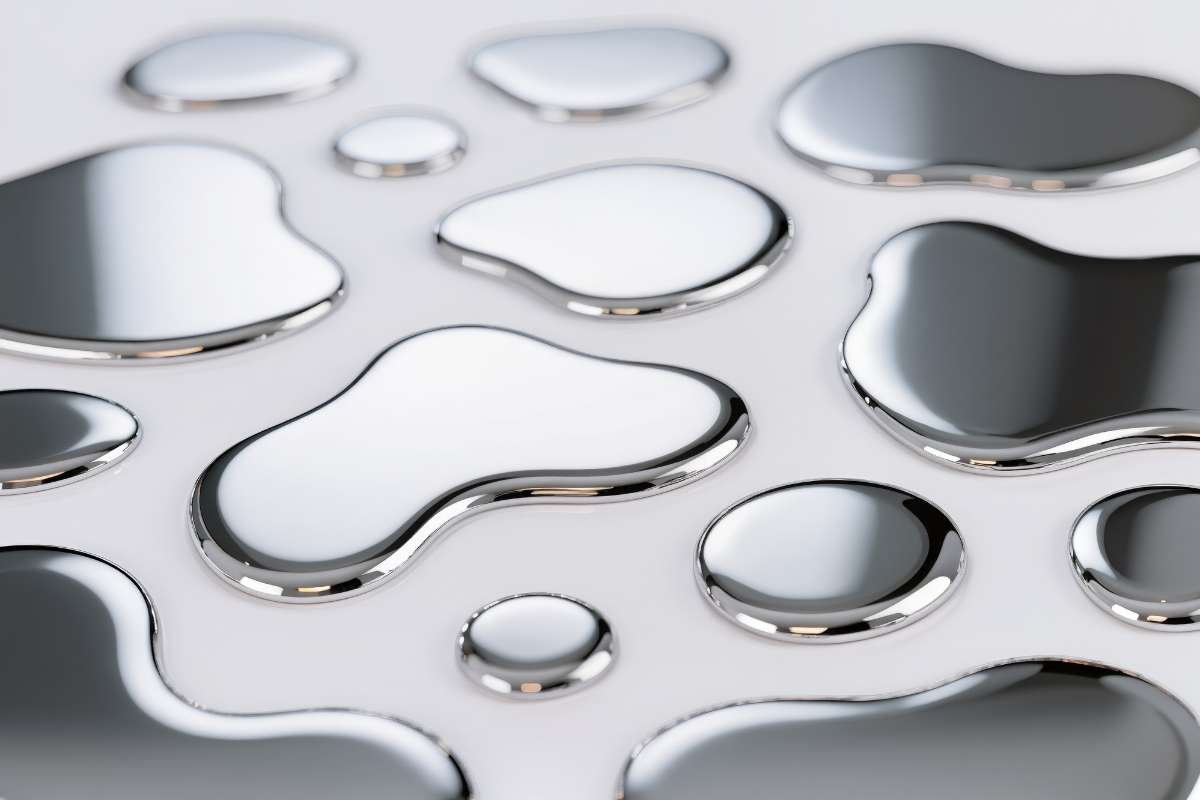Personal hygiene is an essential aspect of an individual’s health and well-being. However, people with disabilities may face various challenges in maintaining their personal hygiene, such as physical limitations, lack of access to assistive devices, or difficulties in finding suitable personal care products. Hence, it is crucial to provide them with the necessary support and guidance to help them maintain good hygiene practices. In this article, we will discuss ten personal hygiene tips for people with disabilities.
Here are 10 Personal hygiene tips for people with disabilities;
1. Develop a Daily Routine
The establishment of a consistent daily hygiene regimen serves as the cornerstone of healthy habits for personal cleanliness. It is important for people who have impairments to develop a daily routine that takes into account both their capabilities and their requirements. This practice may include things like brushing one’s teeth and washing one’s hands, as well as having a bath or shower, using the restroom, and changing into fresh clothing. Those who have impairments benefit from having a routine because it helps them to keep organized and fosters a feeling of independence in them.
2. Choose Appropriate Personal Care Products

It is essential for one to use the appropriate personal care products in order to keep Personal hygiene tips for people with disabilities in check. Individuals who have impairments should shop for items that cater to their particular needs, such as modified toothbrushes, razors, and bath accessories. Electric toothbrushes and razors with adjustable grips are two examples of products that might be helpful to those who have restricted hand function. While trying to establish which personal care items are the most beneficial, it is important to seek the advice of a medical expert or an occupational therapist.
3. Ensure Proper Oral Care
Another Personal hygiene tips for people with disabilities are maintaining proper oral hygiene is very necessary for one’s general health and well-being. Individuals who have impairments may have difficulty maintaining adequate oral hygiene, such as having trouble brushing their teeth, using dental floss, or going to the dentist. These are just some of the potential obstacles. Inadequate oral hygiene, on the other hand, may result in a variety of health problems, including periodontal disease, tooth decay, and foul breath. Hence, it is important for people with disabilities to maintain proper oral hygiene by brushing their teeth at least twice a day with fluoride toothpaste, using dental floss or interdental brushes, and going to the dentist on a consistent basis.
4. Maintain the Cleanliness of Assistive Devices
In order to participate in day-to-day activities, some people who are disabled may need to depend on assistive technology such as wheelchairs, crutches, or hearing aids. In order to stop the proliferation of pathogens like bacteria and germs, it is essential to keep this equipment in a clean state at all times. Regular cleaning of an individual’s assistive equipment using proper disinfectants or wipes should be performed by the individual. In addition, they need to discuss the matter with those who work in the medical field or with the producers of the equipment in order to establish the most effective methods of sanitation.
5. Maintain Proper Hand Hygiene
Properly washing one’s hands is necessary in order to stop the transmission of infectious diseases and germs. Individuals who have disabilities should practice appropriate hand hygiene by washing their hands often with soap and water or by using hand sanitizers. This will help prevent the spread of germs and illness. In addition, people shouldn’t put their hands in their mouths or touch their faces, particularly if they haven’t washed their hands recently.
6. Wear Clean Clothes

The practice of always dressing in clean clothing is an essential component of good personal hygiene. It is important for people who have impairments to change their clothing on a frequent basis, particularly if they sweat a lot or have a strong body odor. In addition, people should wear clothing that is not only comfortable but also breathable, so that they can easily move about and maintain their cleanliness.
7. Maintain Good Genital Hygiene
It is essential for both men and women to practice proper genital hygiene on a consistent basis. Individuals who have impairments should make it a habit to clean their genital areas with soap and water on a regular basis, particularly after using the restroom or participating in sexual activity. Also, persons should steer clear of using scented items or douches since they have the potential to irritate the vaginal area, which may then lead to infections.
8. Use Proper Incontinence Products
Individuals with disabilities who have urine or fecal incontinence may need specialist items, such as adult diapers or pads. These products may be purchased at stores that cater to people with disabilities. It is of the utmost importance to make use of suitable incontinence items that have a good fit and provide sufficient protection. In addition, those who use incontinence products should replace them on a regular basis to reduce the risk of skin irritation or infection. This is one of the Personal hygiene tips for people with disabilities.
9. Seek Assistance When Required
It may be difficult for people with impairments to independently manage their personal hygiene. When assistance is required, it is essential to ask for it from caregivers or specialists in the healthcare field. In addition, people should articulate their requirements in a manner that is both clear and effective in order to increase the likelihood that they will get the appropriate support and help.
10. Stay Active and Eat a Balanced Diet

For Personal hygiene tips for people with disabilities, it is necessary to both maintain an active lifestyle and consume a diet that is nutritionally sound. Although consistent physical activity improves blood circulation and aids in the prevention of infections, maintaining a healthy diet gives the critical nutrients that are necessary for maintaining general health and well-being. Individuals who have impairments should discuss their exercise and food options with medical experts so that they may devise a regimen that is tailored to their specific capabilities and requirements.
BOTTOM LINE
Those who have impairments really must make it a priority to practice proper personal hygiene if they want to protect and improve their health. People who have disabilities may overcome a variety of obstacles and maintain excellent hygiene practices that support their freedom and quality of life by following these 10 Personal hygiene tips for people with disabilities. These practices promote their independence and quality of life. It is vital to speak with healthcare experts or occupational therapists in order to discover the best methods and goods that meet the individual’s specific requirements and capabilities.







